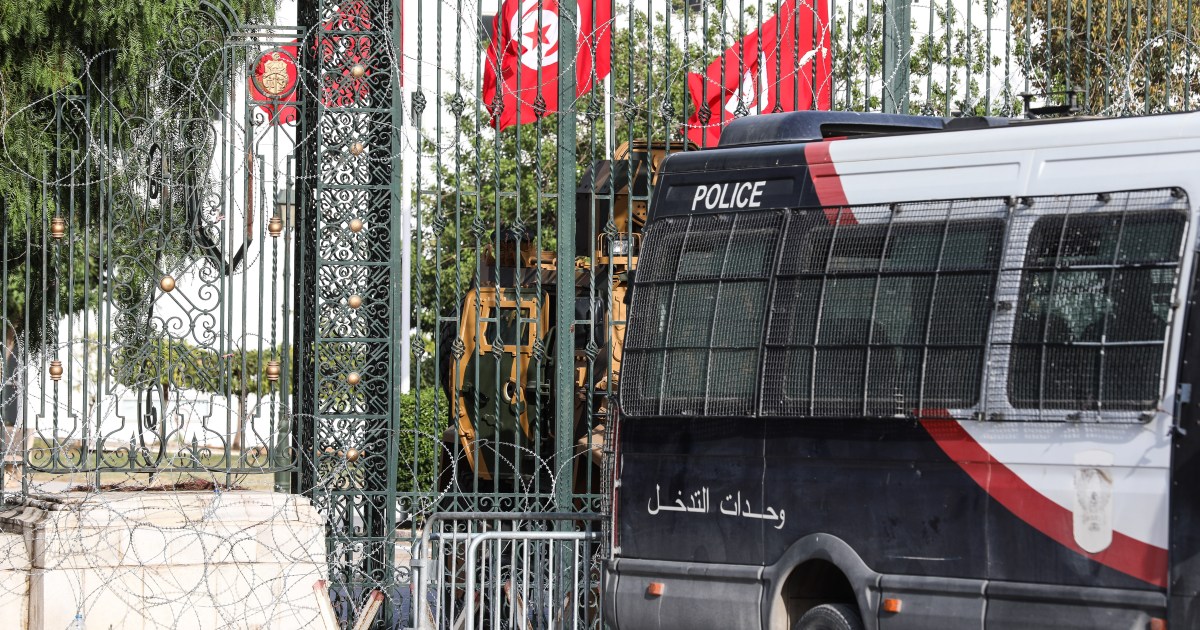Twenty-one Tunisian human rights organizations on Saturday called on President Kais Saied to specify the duration of "exceptional measures" and organize a national dialogue on ways to achieve the political reform that the country needs.
The associations and organizations said in a joint statement that they are calling on President Saeed to "set the duration of the exceptional measures announced on July 25 for a period of 30 days, before extending them on August 24 for an indefinite period."
These exceptional measures included freezing the work of Parliament, lifting the immunity of parliamentarians, and dismissing Prime Minister Hisham Al-Mashishi, provided that President Saeed assumes the executive authority with the assistance of a government whose prime minister is appointed.
In its statement, the associations and organizations also called on Saeed to launch a national dialogue with the participation of all national parties, parties, organizations and national personalities, with the exception of those who are proven to be involved in corruption cases within the framework of a fair trial in order to achieve the political, institutional, economic and social reform that Tunisia needs.
And she warned that the continuation of the state of emergency, the exceptional measures and the gathering of all powers today with the President of the Republic in the absence of a clear vision on the next steps are factors that pose a real danger to the future of democracy in Tunisia, exacerbate the situation, send negative messages to all partners at home and abroad, and contribute to the isolation of the country.
It also demanded the neutralization of the military institution and distancing it from all political disputes, stopping the use of military justice in trying civilians, respecting the separation of powers, ensuring the independence of the judiciary, and returning to the Supreme Judicial Council before taking any decision preventing the judge from traveling or placing him under house arrest.
The organizations expressed their deep concern about the campaigns of arrests, travel bans and house arrests that affected several parliamentarians, businessmen and judges, as well as the restriction of the residence of the former head of the National Anti-Corruption Commission, Shawki Tabib, without providing justifications or judicial permissions.
It also strongly condemned the security attack on the headquarters of the National Anti-Corruption Commission, collecting its contents and changing its locks, pointing out that the files that were submitted to an independent body contain private personal data that is supposed to be protected, and whistleblowers must be protected as stipulated by law.
Among the signatories to the statement are the 10-23 Organization in Support of the Democratic Track, the Association “Vigil for Democracy and the Civil State,” the “Committee for Respect of Freedoms and Human Rights in Tunisia,” the Tunisian Association for the Defense of Individual Liberties, and the Tunis Center for Press Freedom. .
The majority of Tunisian parties rejected Said's exceptional decisions, and some considered them a coup against the constitution, while others supported them and saw them as a correction of the course in light of the political, economic and health crises that the country suffers from.

